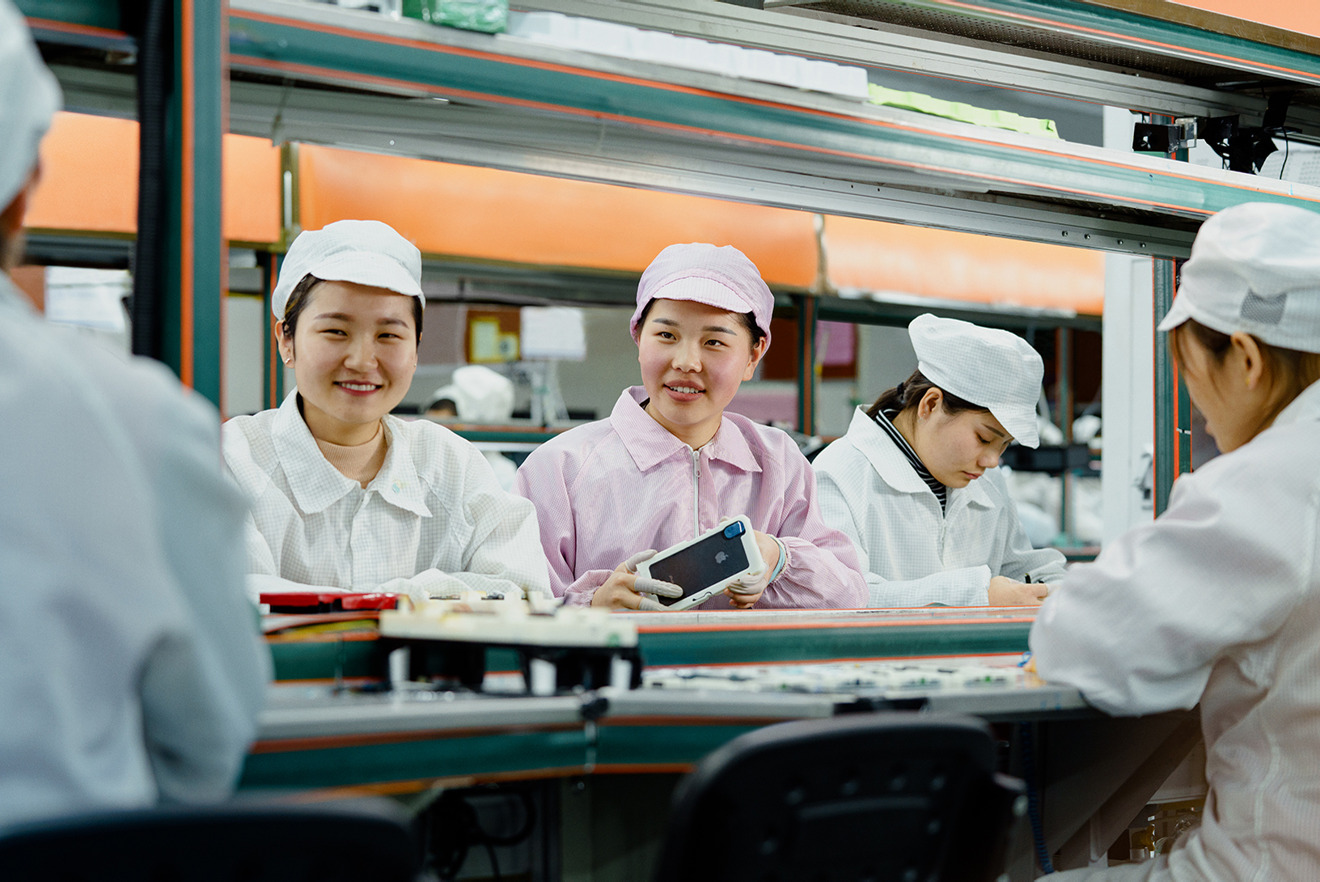Apple has released its 13th Supplier Responsibility Progress report, and has noted that all final assembly sites for iPhone, iPad, Mac, Apple Watch, AirPods, and HomePod are now certified Zero Waste to Landfill, conserving billions of gallons of water and reducing greenhouse gas emissions.
"In everything we do, people come first. We are constantly raising the bar for ourselves and our suppliers because we are committed to the people who make our products possible as well as the planet we all share," said Jeff Williams, Apple's chief operating officer regarding the report. "This year, we're proud to give more people an opportunity to advance their education. Working alongside our suppliers, we're challenging ourselves to find new ways to keep our planet healthy for future generations. Our goal has always been not just to drive progress in our supply chain, but to drive meaningful change across the industry."
Apple noted that because of the Zero Waste to Landfill advancement, Apple suppliers have diverted one million tons of garbage in three years. Apple's clean water program expanded to 116 suppliers, resulting in 7.6 billion gallons of water saved in 2018 — one gallon for every person on the planet.
The company also worked with suppliers to reduce greenhouse gas emissions by more than 466,000 annualized metric tons, which is equivalent to taking 100,000 cars off the road for one year.
The annual report also highlighted Apple's educational programs, providing life skills, vocational certifications, and a path to college degrees to suppliers' employees. Apple has provided training of some sort to over 3.6 million participants.
"It really changed my life," said Tao Jiang, a technician who joined Jabil in 2018 and co-created an app that helps employees share technical tips through a workplace social media system. "Now if I face a problem, I can turn it around to look at it in a different way. It's totally changed my mindset at work. Before I was just an operator, but now I want to be a professional in the IT department."
In 2018, over 1500 supplier employees earned a college degree through Apple's Supplier Employee Education and Development (SEED). Since SEED began, over 13,500 supplier employees have enrolled in a degree program.
Companies are assessed according to Apple's Supplier Code of Conduct, which includes more than 500 criteria, and Apple works with suppliers on the ground to achieve improvements where needed. Apple conducted 770 assessments of facilities in more than 30 countries in 2018, covering 93 percent of the company's supplier spend.
 Mike Wuerthele
Mike Wuerthele







-m.jpg)






 Brian Patterson
Brian Patterson
 Charles Martin
Charles Martin


 Malcolm Owen
Malcolm Owen
 William Gallagher
William Gallagher
 Christine McKee
Christine McKee
 Marko Zivkovic
Marko Zivkovic









6 Comments
The Line Opetstors look smiley and happy. Wonder if the photo was taken before, during or after their shift?
Water is extremely renewable. The same amount of water goes up and down each year regardless of what Apple does. I did a quick web search and found that the total worldwide annual rainfall is 5 * 10^14 cubic meters. And the article says Apple has saved 7 * 10^9 gallons. (There are 264 gallons in a cubic meter.) If you divide those numbers I think you get about 0.00000005 (I did the calculation in my head.) According to the article that means Apple has saved 0.000005% of a renewable resource each year. I'm not complaining, but it's renewable and if you don't use it you lose it. So this (ie, the water issue) seems like an economic issue not an environmental one.